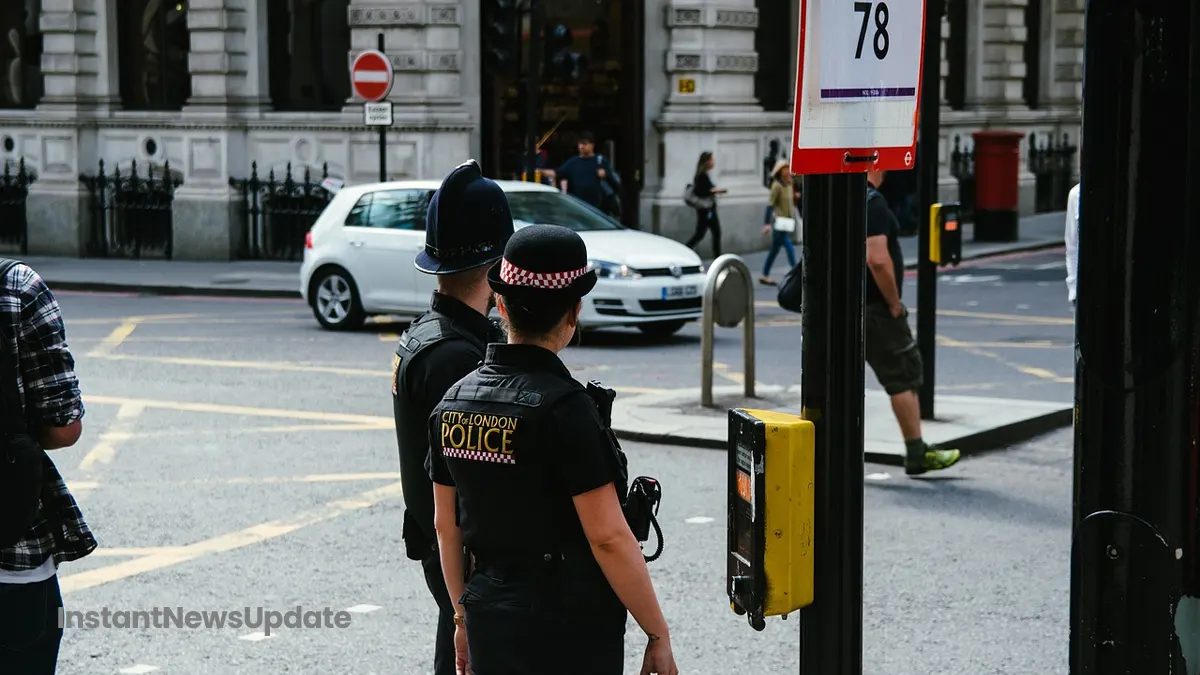Introduction:
Amidst political turmoil, a prominent resignation has rocked the Northern Ireland Conservative Party. The departure follows concerns over contradictory signals regarding the party’s links with the Democratic Unionist Party (DUP) and underscores broader challenges within the political landscape.
Concerns Over Governance:
In Northern Ireland, critical policy decisions frequently stall when the Stormont Executive is inactive, leaving issues such as abortion reform, same-sex marriage, welfare reform, and Irish language legislation unresolved. This impasse has profound implications for essential sectors like healthcare, education, and the environment.
Lack of Effective Decision-Making:
The core principles of government – choice, priority, and tough decision-making – appear compromised by an executive that often fails to fulfill its fundamental role, even when operational. Institutional reform emerges as the sole remedy for this persistent issue, with a notable absence of mechanisms to negotiate vital changes.
A Call for Maturing Politics:
Advocates for change suggest a shift toward voluntary coalition politics, echoing the vision set forth by the Belfast Agreement. To address pressing economic and social challenges, both nationalist and unionist parties must embrace a cooperative approach, as seen in thriving democracies worldwide.
Disarray within NI Conservatives:
Critics point to the Northern Ireland Conservative Party’s limited success in holding the government accountable for devolved matters. The party’s failure to challenge policy decisions and the perception of aiding the government’s divisive actions, dubbed by some as an ‘economic war on unionism,’ prompted a high-profile resignation.
Resignation and its Ripples:
In a notable blow to the NI Conservatives, Johnny Andrews, Vice Chair of the Multi Constituency Association, stepped down, citing concerns over the party’s mixed messages and perceived alignment with the DUP. His decision was quickly followed by three others from the governing Executive Council.
The Path Forward:
For substantive political progress, attention is shifting toward overhauling institutions to usher in a more mature political landscape. The current setup, fraught with vetoes and the constant threat of collapse, stifles genuine discourse. Reform could pave the way for robust opposition structures, increased accountability, and informed decision-making.
Conclusion:
The resignation of Johnny Andrews and his peers underscores the urgency of addressing internal fractures within the Northern Ireland Conservative Party. Beyond party politics, a wider call for comprehensive reform is gaining traction, holding the promise of more responsive governance and meaningful engagement with critical issues.








